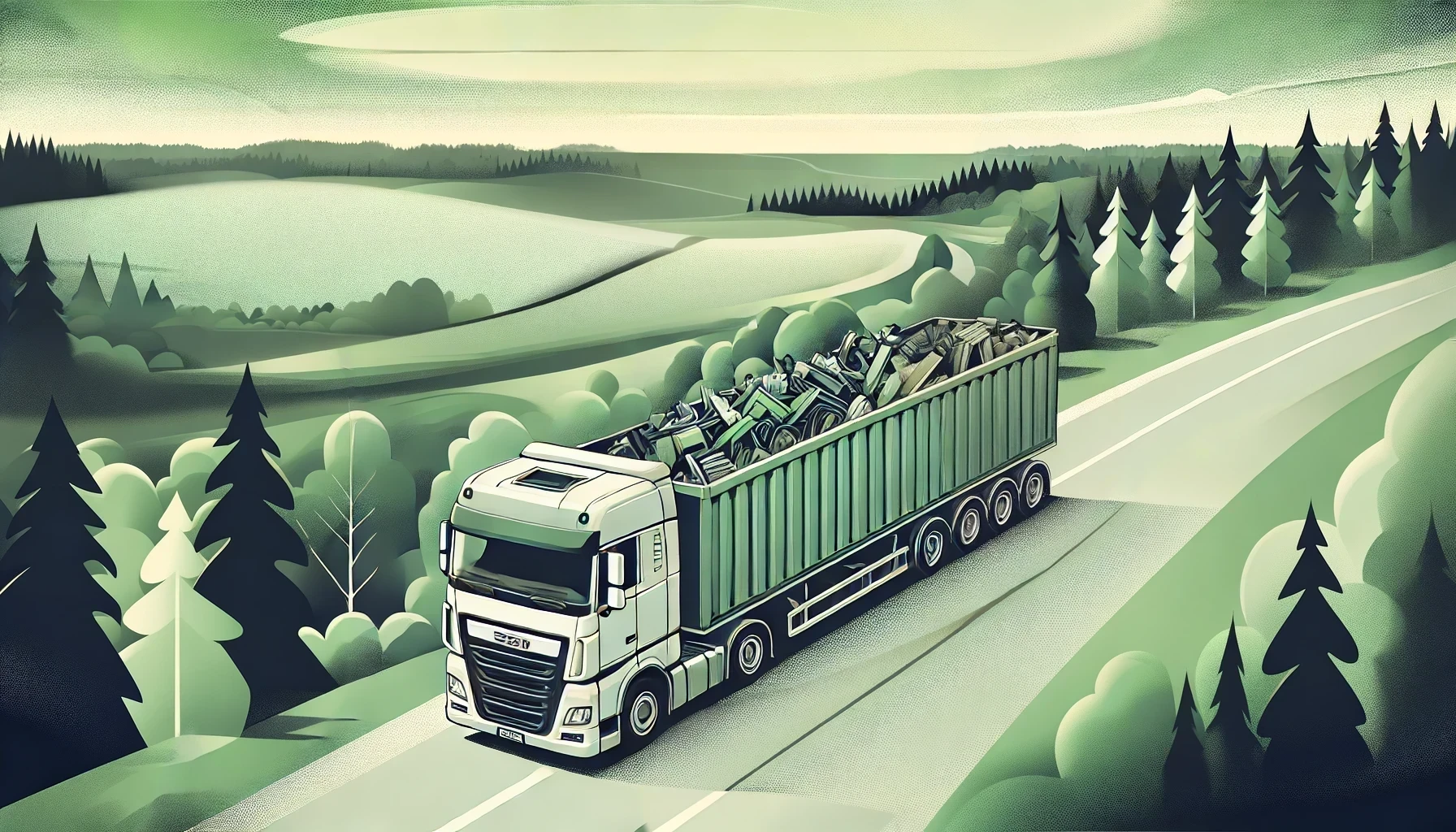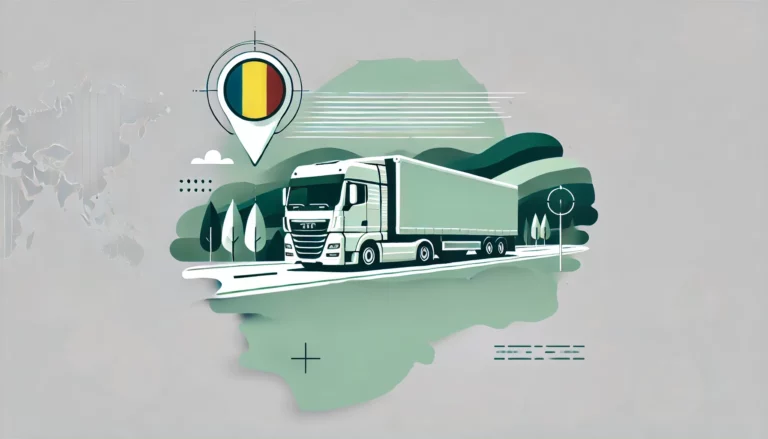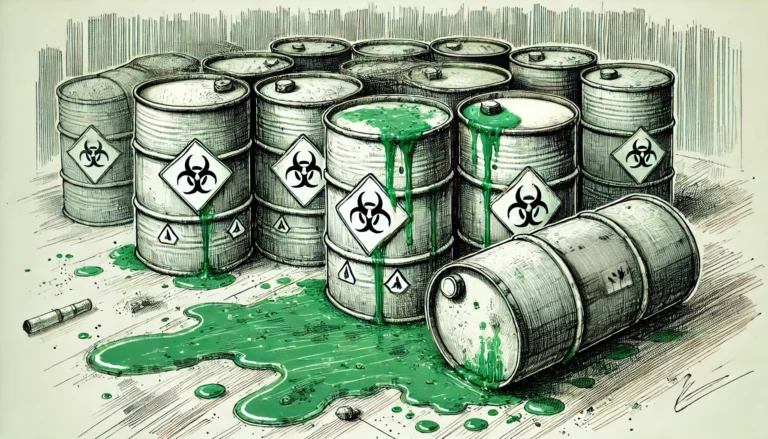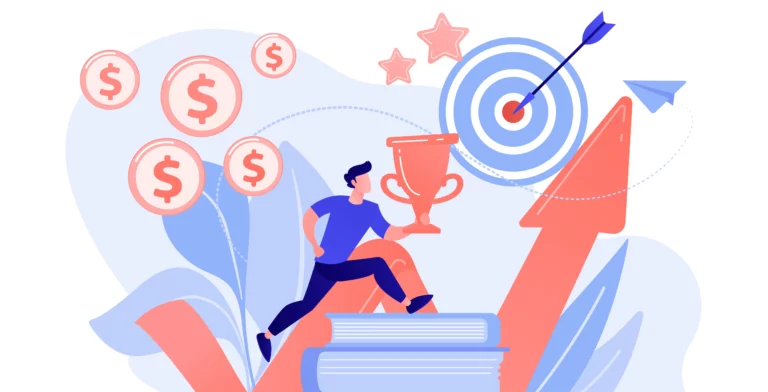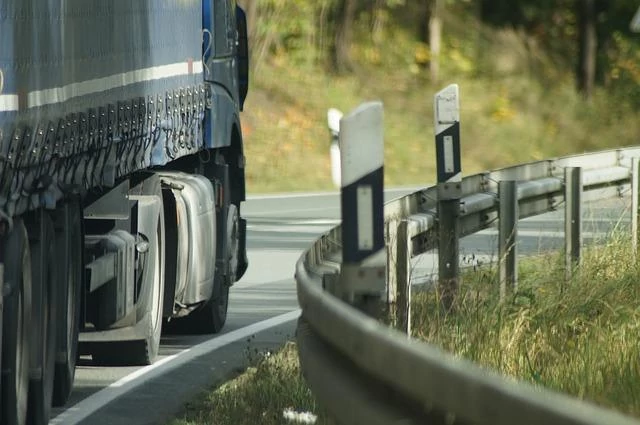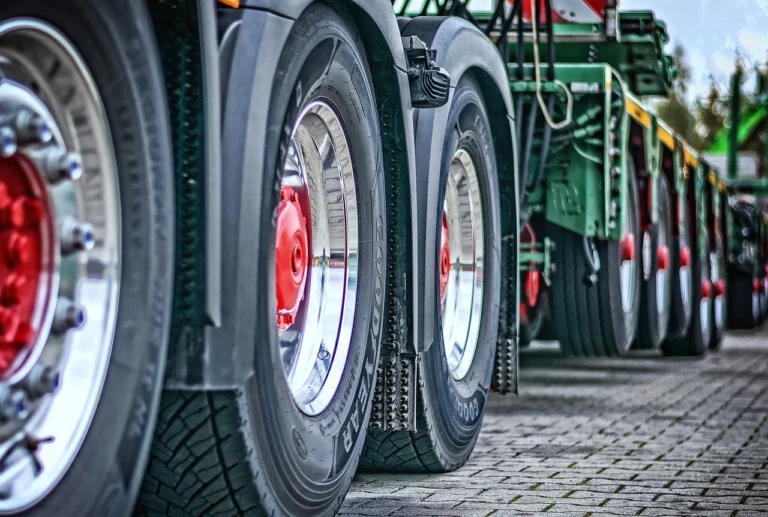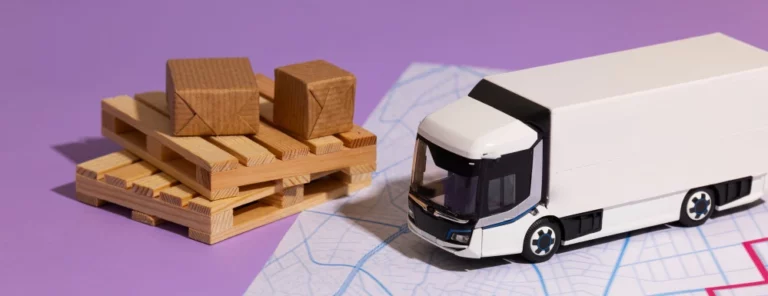Industrial development in Lithuania driving scrap exports
Industry plays a key role in the economy of the Baltic countries, acting as an engine of economic growth and a tool for building international competitiveness. In this article, we will focus on analysing the development of industry in Lithuania and discuss in detail the dynamic growth of scrap exports from Lithuania to Poland.
Contact for BDO or SENT:
e.nadolna@ekologistyka24.pl , +48 881 045 376
j.blazewicz@ekologistyka24.pl , +48 500 867 153
Industry in the Baltic States: an overview
Estonia is leading the region in terms of digitalisation and innovation. The IT sector and the high-tech industry are major growth areas. Traditional industries based on wood processing and agriculture complement modern industries related to blockchain technology and smart industrial solutions.
Latvia focuses on the transport industry, logistics and food processing. Due to its location, the country plays an important role in regional trade, supporting the development of agri-food and raw material exports.
Lithuania, being the largest country in the region in terms of population and area, is characterised by a diversity of industrial sectors. Of key importance are the chemical, pharmaceutical, electronics and machinery manufacturing industries. Recycling, including the export of secondary raw materials such as scrap metal, has played an increasingly important role in recent years.
Industrial development in Lithuania
Economic transformation after 1990
Regaining independence in 1990 marked a turning point in Lithuania's history, also in economic terms. The country, which had operated for decades under the centrally planned economy of the USSR, had to undergo a rapid and difficult process of transformation towards a market economy. The transition involved several key stages:
Privatisation and restructuring of industry
After the collapse of the USSR, Lithuanian industry faced numerous problems: there was a lack of funds for modernisation, traditional markets in the former Soviet republics were lost and many industrial plants were not competitive on the open market. In the 1990s, Lithuania carried out extensive privatisation, allowing private capital to flow in and plants to be restructured. During this period, many unprofitable enterprises were closed down, allowing a focus on sectors with greater growth potential.
Opening up to international markets
Integration into the global economy has become a priority. Lithuania joined the World Trade Organisation (WTO) in 2001., which facilitated international trade. Accession to the European Union in May 2004 was another important step that made it possible to export Lithuanian products to the huge Community market without customs barriers.
Development of the service and transport sectors
Lithuania has started to invest in the development of transport infrastructure, taking advantage of its strategic location between East and West. Development of Klaipeda port and the modernisation of the rail and road network have contributed to modern logistics and transport. This in turn has supported international trade.
EU support and regional development policy
EU funds have played a key role in financing infrastructure, energy and technology projects. This has made Lithuania one of the leaders in the region in terms of the use of EU structural funds.
Foreign investment and its impact on industry
Lithuania has prioritised openness to foreign investors as one of its main industrial development strategies. Thanks to its friendly investment climate, low labour costs and convenient location, it has attracted a number of key investors from around the world.
Tax benefits and economic zones
Lithuania has created special economic zones, such as those in Kaunas and Klaipėda, offering preferential tax conditions for foreign companies. Companies operating in these zones can benefit from tax concessions, VAT exemptions on imported machinery and technology and simplified administrative procedures.
Examples of key investors
- Continental - The German industrial giant has opened a state-of-the-art automotive components factory in Kaunas, investing more than €95 million. The plant produces, among other things, sensors, electronic modules and other high-tech parts.
- Nasdaq - Lithuania has become an important financial service centre for this US stock exchange operator. It has opened its centre in Vilnius, employing specialists in data analysis and market handling.
- Thermo Fisher Scientific - The American company has invested in the development of laboratories and pharmaceutical production facilities. This has madeLithuania one of the region's leaders in biotechnology.
Impact of investments on industrial development
The inflow of foreign capital has enabled Lithuanian industrial plants to modernise and become more competitive in international markets. Increased investment in high-tech sectors such as electronics, biotechnology and automotive has helped to diversify the economy and increase exports.
Scrap exports from Lithuania - statistics
According to data from The Observatory of Economic Complexity, in 2022, Lithuania exported copper scrap worth $88.1 million. This placed it 52nd among the world's exporters of this raw material. At the time, the main customers worldwide were China (USD 28.3 million) and India (USD 1.85 million). Within the EU, Poland (USD 26 million), Germany (USD 13.6 million) and Latvia (USD 9.97 million) accounted for the largest share of supplies.
Analysis of the data shows a significant increase in the export of copper scrap from Lithuania to Poland in 2021-2022. The value of exports to Poland increased by USD 4.35 million, an increase of 20.1% compared to the previous year. What could be the reason for such an increase? There could be several reasons:
- Increasing demand for copper in Poland. Our country has some of the world's largest copper resources and is a significant producer of this metal. The increase in industrial demand for copper, particularly in sectors such as renewable energy and automotive, could increase demand for copper scrap as a secondary raw material.
- Copper prices on global markets. The increase in copper prices on global markets during the period under review may have made the recycling of copper scrap more profitable, which in turn increased its exports.
- Trade policy and regulations. Changes in trade policy, such as export restrictions in other countries or preferential trade conditions between Poland and Lithuania, may have increased imports of copper scrap from Lithuania.
- Investment in metal processing in Poland. The development of the processing infrastructure in Poland may have increased the capacity to process copper scrap, which in turn increased the demand for this raw material from abroad.
According to the platform World Integrated Trend Solution, the trend noted in 2022 has continued in the following year. The data shows that more than USD 21 million worth of copper scrap entered the Polish market. Still, our country was the main market in Europe for copper waste from Lithuania.
Changing approach to recycling and waste management in Lithuania
The waste management reform and increased investment in recycling infrastructure in Lithuania have directly increased the supply of high quality secondary raw materials. This includes copper scrap, which has become an important export product. Key documents that regulate these issues include:
- Atliekų tvarkymo įstatymas - Law on Waste Management. This is the basic legal act regulating waste management in Lithuania. It sets out the rules for waste collection, transport, treatment and disposal, and promotes waste prevention and recycling. It has also been amended several times to comply with European Union directives.
- Pakuočių ir pakuočių atliekų tvarkymo įstatymas - Packaging and Packaging Waste Act. Regulates the marketing of packaging and the management of packaging waste. Imposes obligations on producers and importers to collect and recycle packaging waste.
- Atliekų prevencijos ir tvarkymo programa - Waste prevention and management programme. A policy document setting out objectives and actions for waste prevention, promoting recycling and other forms of waste recovery.
- Elektroninių atliekų tvarkymo įstatymas - Electrical and Electronic Waste Management Act. It regulates the collection, processing and recycling of waste electrical and electronic equipment, introducing obligations for producers and distributors.
Recycling policy as a source of secondary raw materials
The introduction of strict regulations on waste segregation and the promotion of recycling is resulting in better recovery of valuable raw materials such as copper. State-of-the-art processing facilities, supported by EU funds, are increasing Lithuania's ability to efficiently recover metals from a variety of sources:
- Industrial waste,
- Waste electrical and electronic equipment (which contains significant amounts of copper),
- Building and network infrastructure, e.g. copper cables.
Higher recycling efficiencies translate into higher volumes of available copper scrap on the domestic market, which in turn supports exports.
Improved scrap quality through modern technology
Modern processing plants, built through investment in infrastructure, ensure that scrap is processed to a higher quality level. Poland, as a large importer of copper to the cable and energy industries, prefers high quality secondary raw materials that meet industrial requirements. Lithuania, thanks to the modernisation of its recycling sector, has become one of the key suppliers to this market.
Increased environmental awareness and availability of scrap metal
Public campaigns and legal regulations have changed the attitudes of Lithuanian residents towards segregating and returning secondary raw materials to recycling points. As a result, the share of scrap metal from households and small businesses has increased, further increasing the supply of raw material. In this context:
- Household participation in copper recycling has become an important source of raw material,
- Collection and processing systems ensure that scrap metal can be quickly traded on international markets.
The importance of copper demand in Poland
Changes in waste management policy in Lithuania coincide with the growing demand for copper in Poland. The development of Poland's cable, electronics and energy industries (including investments in renewable energy sources requiring copper conductors) generates demand for high quality copper scrap. Lithuania, through reforms and investments, is successfully meeting this need.
Geographical proximity and trade preferences
The high availability of copper scrap in Lithuania and investments in logistics infrastructure make exports to Poland particularly profitable. Poland prefers to trade with its European Union neighbours, where common quality standards apply. In addition, short transport routes reduce costs,.
The role of the transport industry in efficient waste management
The transport of copper scrap from Lithuania to Poland is a key element in the supply chain, but its effectiveness depends on experience in waste management and compliance with strict legal regulations. The haulage companies must also ensure that the raw material is properly prepared and safely transported in accordance with environmental requirements. Preparation of documentation, including confirmation of waste compliance with EU regulations, minimises the risk of delays and problems at the border.
It is noteworthy that importing waste into Poland requires two key requirements: having a permits for waste transport and notification of each shipment to the SENT system (System for Electronic Transport Supervision). The SENT system ensures the transparency of transactions by monitoring waste shipments along the entire route. Such a solution not only counteracts illegal practices, but also builds trust between exporters and recipients of raw material. What is more, failure to register with SENT or to obtain the relevant permit can result in heavy fines and even the detention of the shipment.
It is worth noting that efficient transport management is based on good infrastructure and close cooperation between logistics companies and exporters. Undoubtedly, however, road transport dominates the exchange between Lithuania and Poland due to short distances and a well-developed road network, while rail is an alternative for larger deliveries. Although there are some challenges in the logistics processes of cross-border trade in copper scrap, compliance with legislation and investment in transport infrastructure make Lithuania a trusted supplier of this strategic raw material. If your transport company works with a Lithuanian scrap producer, but you are not yet registered with BDO or do not have an account on the SENT platform, reach out to usand we will take care of everything comprehensively for you.

